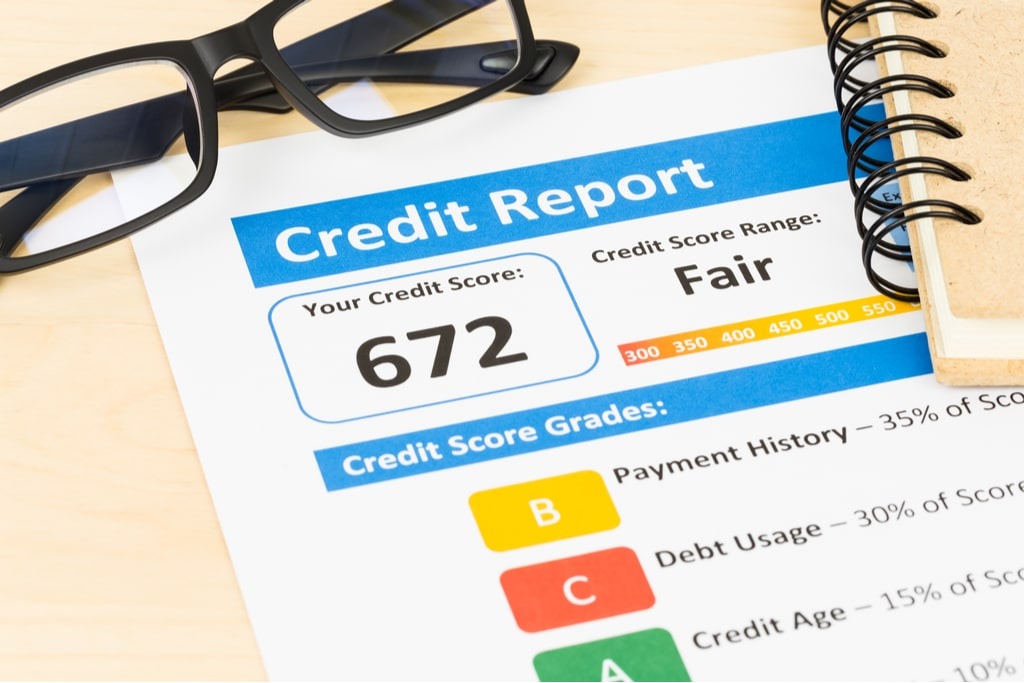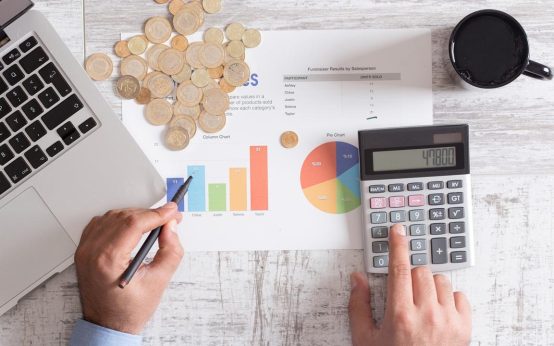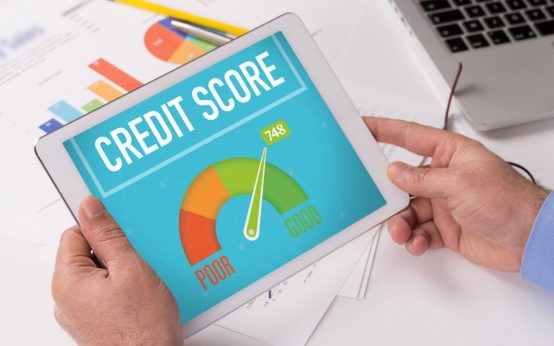
For instance, some customers have been misled into thinking that the greatest method to raise your score is to carry a debt on your credit card, which is untrue. Others assert, however, that canceling old credit cards you’re not using will help you rebuild your credit.
One credit myth, though, just won’t seem to vanish. Many individuals believe that reviewing your own credit report or credit score can harm your credit. Fortunately, there are several ways to examine your credit record and score without negatively impacting your credit health.
Does running a credit check lower your rating?
First, it’s crucial to comprehend the two possible approaches to seeing your credit report. The first is when a lender requests a copy of your credit report after you’ve applied for a mortgage, auto loan, credit card, or other type of credit in order to assess your credit risk. This is referred to as a “hard enquiry” or “hard pull” on your report and does lower your credit score, but only somewhat.
But occasionally, even if you haven’t applied for credit elsewhere, a credit issuer wants to check your credit record to see whether you qualify for a previously approved or promotional offer. This is still shown in your report, but it’s a “soft inquiry” or “soft pull,” and they have no impact whatsoever on your credit score.
The good news is that usually always, when you check your personal credit score, you’re doing a soft draw, allowing you to check your credit without doing any undue harm.
There are so several methods you may use if your objective is to check your credit score without doing any harm. Numerous credit cards, including ones you might already own, provide a free credit score as an added benefit to cardholders. American Express, Chase, Capital One, Citibank, and other credit cards are included in this.
Even free credit scores are offered by some credit card programs, and anybody may sign up for them. For instance, without having a Capital One credit card, you may view your VantageScore 3.0 through CreditWise from Capital One. Additionally, you may register for notifications that will inform you whenever your credit score changes.
Should you run a credit report check as well?
Comparing your credit score to your credit report is a whole different process. Although your credit report contains all the details about your credit accounts, payments, and total credit utilization, your credit score is a numerical reflection of your overall credit health.
Even though your credit report won’t include your credit score, there are several reasons to keep a close eye on the details it contains. The first-place fraudulent accounts created in your name will appear is on your credit record.
This is one of the reasons why many experts advise monitoring your credit reports every six months, since it’s one of the greatest methods to identify the early signs of credit problems.
Additionally, since your credit score is determined in part by the information on your credit report, there may be errors or inaccurate information on there that might harm your score.
You may challenge inaccurate information on your credit report in a simple manner, but you won’t know what’s there until you take the time to look.
Fortunately, annualcreditreport.com allows you to examine your credit report for free without affecting your score. You may typically view your Experian, Equifax, and TransUnion credit reports once a year for free on this website, which is the only website permitted by federal law. However, you may now view your reports for free up to once every week till the end of 2022.



 Build Credit the Easy Way
Build Credit the Easy Way  Learn about the best companies to consider investing in the midst of an inflation boom
Learn about the best companies to consider investing in the midst of an inflation boom  How to improve credit for any financial circumstance
How to improve credit for any financial circumstance